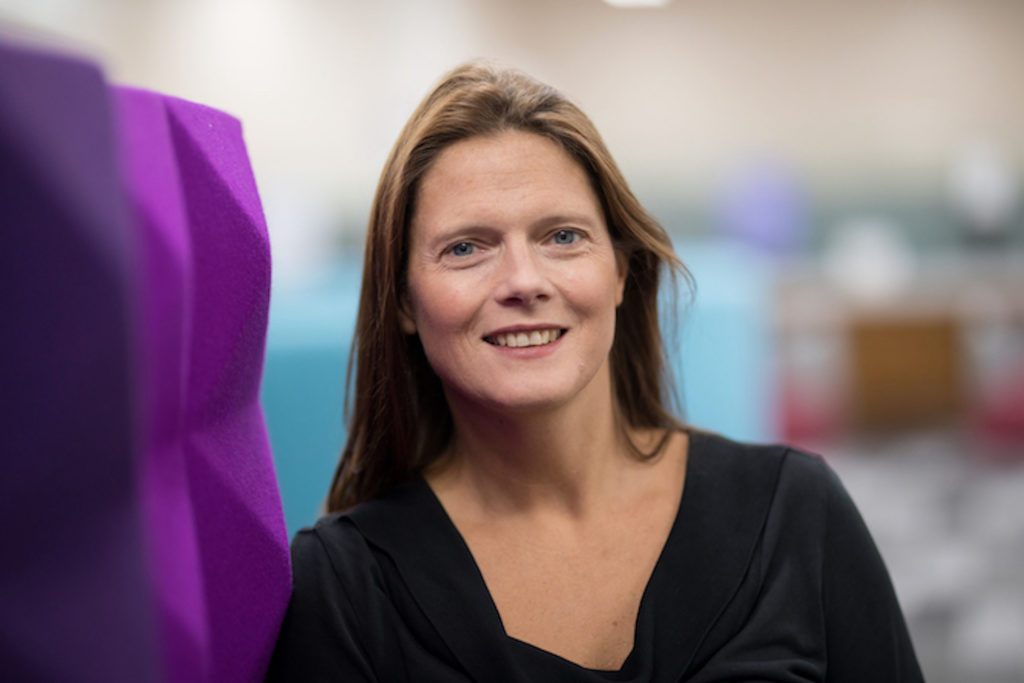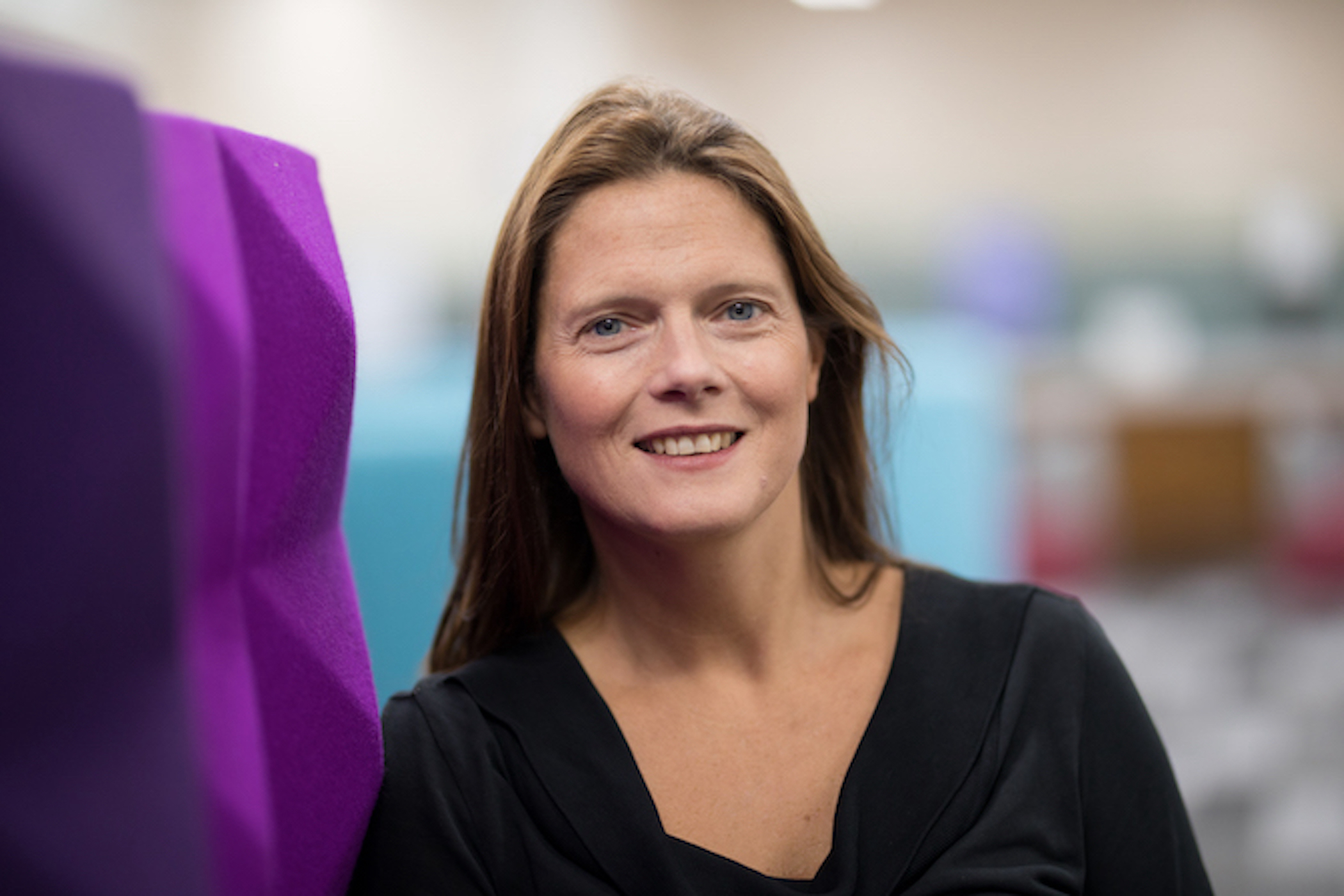
Dr Sarah Martins da Silva is a Consultant Gynaecologist based at Ninewells Assisted Conception Unit, Ninewells Hospital Dundee. She is experienced in all aspects of subfertility investigation and management. Dr Martins da Silva qualified in 1995. During her specialist training she completed MD investigating various aspects of ovarian development and egg maturation (University of Edinburgh 2007). She was appointed as a fully accredited consultant in 2013. She also has a specialist interest in ultrasound and was awarded RCOG RCR Diploma in Obstetric ultrasound in 2008. Dr Martins da Silva has an active research programme focussed around male infertility, sperm biology and drug discovery. She also runs a sperm studies research clinic for couples affected by unexplained total failed (or low <25%) fertilisation following IVF/ICSI, which accepts national referrals.
When and why did you decide to work in the field of reproductive biology?
From as early as I can remember I always wanted to be a doctor. My dad was an engineer, and my mum was a charity worker so I’m not really sure who or what inspired my career choice. As it happens, I also loved maths and science and I went on to study Medicine at University of Edinburgh. I graduated in 1995. At that point I knew that I wanted to specialise in Obstetrics and Gynaecology but initially followed a pathway of clinical training and didn’t get involved in research until later. I think it is fair to say that I stumbled into clinical academia by chance, after a random application for a Medical Research Council (MRC) Clinical research fellow post. I ended up working for Professor Richard Anderson and my thesis was focussed on understanding ovarian development and the role of several growth factors in folliculogenesis and oocyte maturation. Part of my project was based at the Roslyn Institute (home of Dolly the sheep) and involved maturation of cow eggs, then creating clone embryos. It was exciting science, and I absolutely loved it! I then reverted to clinical training but successfully applied for a Clinical Lecturer post and moved to Dundee in 2011, to work with Professor Chris Barratt. At the time it was a big shift in research focus, but I was mesmerised (and still am) by sperm and trying to understand how they work.
Could you share a moment of challenge in your career and the valuable lesson you learned from it?
I am a mum of 3. I did not plan my family strategically to fit in with clinical training or professional exams and it has been really hard at times to juggle the demands of family life with my work and career. As my children have grown up, their needs have changed. Some things are easier (eating, sleeping, getting up and dressed) but some things require more time and emotion (relationship problems, mental health, homework and exams). I realise that I’m not sharing a single moment of challenge, but over time I have developed exceptional multi-tasking and organisational skills! Lived experience has also taught me the importance of encouragement as well as offering opportunities and support for clinical academics and scientists with young families and other caring responsibilities.
Reflecting on your career, what would you consider your greatest success?
I think that I am a good doctor. I have a variety of baby photos, cards and emails of thanks from patients and their families in my office, which is lovely. It is a privilege to touch lives and be able to make a difference to those that I treat, although I’m humble enough to know that my success reflects the bigger clinical team around me. Similarly, I am truly excited by the reproductive science that I am involved in and am lucky to be part of such a dynamic research group. For anyone who feels uncomfortable acknowledging and owning success; in the words of Michelle Obama “Am I good enough? Yes I am”
What advice would you offer to young researchers embarking on their journeys?
People often say that we learn from failures. But the simple truth is that failures hurt, whether that’s an experiment that goes wrong, a paper rejected or a grant application that isn’t funded. And the more we put into something, the more personal and upsetting it can feel. So – my advice is that it’s fine to care passionately about what you are doing. And it’s fine to be upset if something doesn’t work out. It’s what you do next that defines you. Refine the experiment and try again; address the reviewer’s comments and re-submit; digest the feedback on the grant and use the collective wisdom to make a stronger case for success next time. Don’t give up. Be determined. Believe in yourself.

